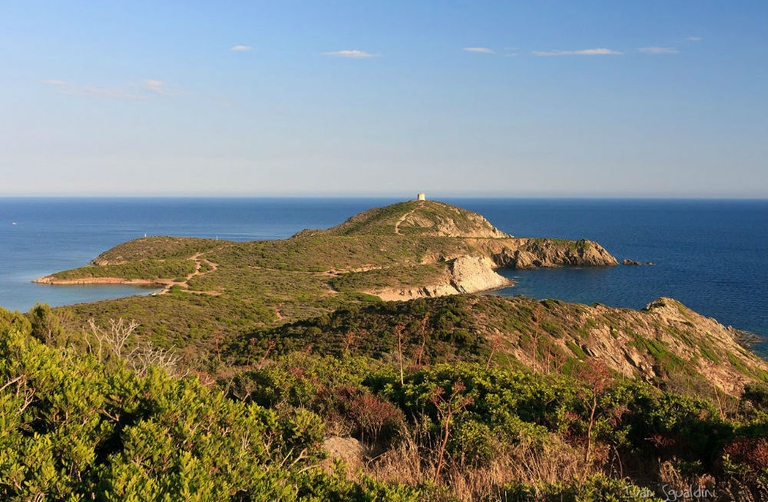
South African court dismisses a major lawsuit by 140,000 Zambian women and children against Anglo American for Kabwe lead poisoning. A setback for affected communities enduring the lasting impact of lead contamination.
Anni di battaglie e di tribunali hanno dato ragione al contadino sardo. Quei resort di lusso resteranno sulla carta
David against Goliath: that told by journalist Nicola Pinna and published in Italian newspaper LaStampa is the same old story. Ovidio Marras, 85-year-old Sardinian shepherd, has been fighting against real estate giants for years. But finally, he won his battle: no construction activities will be allowed on his land and the surrounding area.
No luxury, five-stars resorts designed for wealthy people then. The old shepherd of Capo Malfatano, Sardinia, Italy has saved one of the most beautiful and suggestive places of southern Sardinia from being overrun by 190,000 cubic metres of concrete, thanks also to the support of Italia Nostra, Italian association for the safeguard of the national cultural, artistic and natural heritage.
Marras started his legal battle by contesting the authorisation for the allotment issued by the municipality of Teluada and region of Sardinia, and then appealed to the Italian Court of Cassation. The Court recognised the illegitimacy of the project, since “allocation plans did not undergo an environmental impact assessment”, which aims to analyse the impact and compatibility of the entire project with the environment, potentially suggest systems with lower impact, or even privilege the so-called “zero option”, i.e. the non-implementation of the project.
“I’m not one of those who dream of living in luxury places. I want to continue to live on this land, and I want it to be kept as it is,” said the Sardinian shepherd. “Some people started calling me a fool, but I didn’t give up. They wanted me to be surrounded by buildings, they wanted to trap me in cement, they hoped I would leave. But now, they’re not allowed to build. It wasn’t acceptable for us to be forced to leave our home and land to make space for wealthy people. This land is everybody’s and I felt I must protect it”.
Siamo anche su WhatsApp. Segui il canale ufficiale LifeGate per restare aggiornata, aggiornato sulle ultime notizie e sulle nostre attività.
![]()
Quest'opera è distribuita con Licenza Creative Commons Attribuzione - Non commerciale - Non opere derivate 4.0 Internazionale.
South African court dismisses a major lawsuit by 140,000 Zambian women and children against Anglo American for Kabwe lead poisoning. A setback for affected communities enduring the lasting impact of lead contamination.
Controversial African land deals by Blue Carbon face skepticism regarding their environmental impact and doubts about the company’s track record, raising concerns about potential divergence from authentic environmental initiatives.
Majuli, the world’s largest river island in Assam State of India is quickly disappearing into the Brahmaputra river due to soil erosion.
Food imported into the EU aren’t subject to the same production standards as European food. The introduction of mirror clauses would ensure reciprocity while also encouraging the agroecological transition.
Sikkim is a hilly State in north-east India. Surrounded by villages that attracts outsiders thanks to its soothing calmness and natural beauty.
Sikkim, one of the smallest states in India has made it mandatory for new mothers to plant saplings and protect them like their children to save environment
Chilekwa Mumba is a Zambian is an environmental activist and community organizer. He is known for having organized a successful lawsuit against UK-based mining companies.
What led to the Fukushima water release, and what are the impacts of one of the most controversial decisions of the post-nuclear disaster clean-up effort?
Nzambi Matee is a Kenyan engineer who produces sustainable low-cost construction materials made of recycled plastic waste with the aim of addressing plastic pollution and affordable housing.









